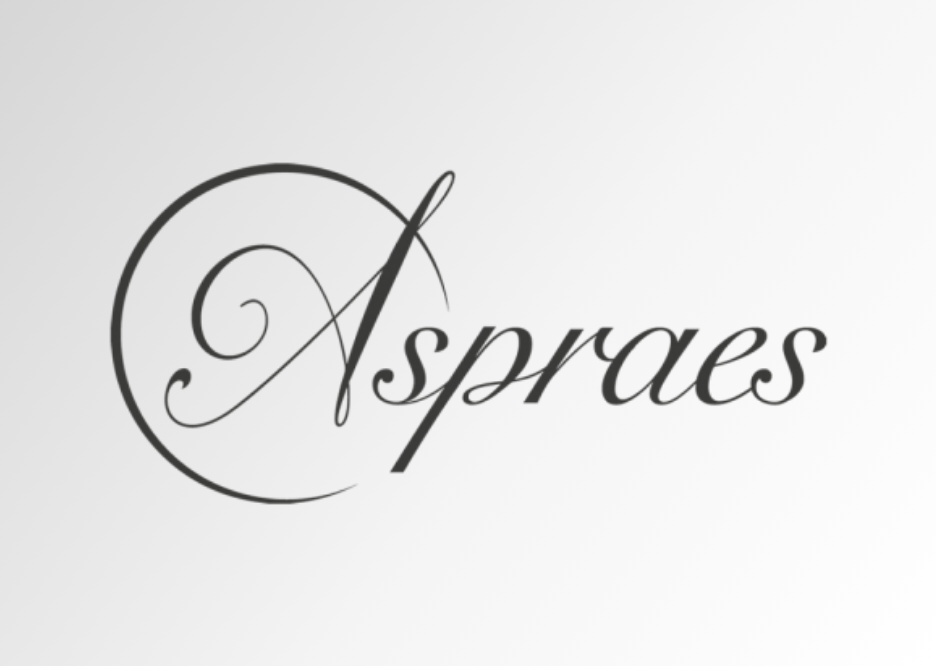Before the Budget it had been rumoured that the Standard Lifetime Allowance (SLTA) would increase from its previous frozen level of £1,073,100 up to its historic highest level of £1,800,000. Jeremy Hunt went further than this, however and unexpectedly scrapped it altogether! Well, almost! There are some important caveats.
From 6 April 2023 the SLTA charge will be removed. The Chancellor has said the Government will abolish the SLTA itself in a future Finance Bill. Furthermore, and significantly, the maximum Pension Commencement Lump Sum (PCLS) previously known as tax-free cash entitlement will remain at £268,275 (25% of the current SLTA of £1,073,100) unless there are pre-existing protections in place.
It is important that clients retain their SLTA protection certificates just yet as they will require these when they come to draw their PCLS if they have a protected entitlement greater than £268,275. Most importantly clients with any form of SLTA protection should not make a contribution in this tax year as that protection will categorically be forfeited.
Increase to the Annual Allowance
The Annual Allowance is the upper amount an individual can contribute or accrue in pensions on an annual basis and receive tax relief. From 2016, this has been £40,000 but will increase to £60,000 from 6 April 2023. While this is good news for those who wish to make larger contributions to their pension schemes, it should be remembered that, for personal contributions, tax relief is granted on contributions up to 100% of earnings in that tax year, or the Annual Allowance, whichever is the lower. So, individuals will still need to have the earnings to take advantage of the higher Annual Allowance and receive tax relief. This does not apply to employer contributions made on the members behalf as long as the contribution is wholly and exclusively for the purpose of the business.
The option to carry forward unused Annual Allowance from previous tax years is still available. This means that a client could make a potential tax relievable contribution of £180,000 to a SIPP from 6 April 2023 (using the Annual Allowance of £40,000 for 2020/21, 2021/22 and 2022/23 and £60,000 for 23/24). With Corporation Tax set to rise in April for companies with profits in excess of £50,000, clients may be able to use this enhanced Annual Allowance to make additional employer pension contributions and mitigate this rise to a certain extent.
Money Purchase Annual Allowance
The Money Purchase Annual Allowance (MPAA) applies as soon as an individual takes income through flexi-access drawdown (FAD) or an uncrystallised funds pension lump sum (UFPLS). Previously, this reduced a client’s Annual Allowance from £40,000 to £4,000. In this year’s Budget, the Chancellor announced that the MPAA will increase from £4,000 to £10,000 from 6 April 2023.
Tapered Annual Allowance
From 6 April 2023, individuals with taxable income and employer pension contributions in excess of £260,000 (an increase from £240,000) will have their Annual Allowance reduced by £1 for every £2 they earn over this amount. So, in general terms, if an individual has taxable earnings of £360,000 or more, their Annual Allowance will be limited to £10,000.
Opportunities
Income tax planning
Pensions should be an important element of an individual’s income tax planning. Tax relief is given for pension contributions by individuals or companies. Individual contributions are treated as being net of 20% tax and therefore a £800 personal contribution will see your pension fund increase by £1000. In addition, higher and additional rate tax payers are able to claim additional tax relief on their tax return.
With the limit at which the additional rate of tax of 45% applies decreasing from £150,000 to £125,140 from 6 April 2023 personal pension contributions for individuals earning in and around this level will become increasingly efficient. This is even more relevant when you consider that a pension contribution used to reduce an individual’s taxable income in between £100,000 and £125,140 (the band in which an individual’s personal allowance is clawed back) will attract tax relief at an effective rate of 60%.
Trading premises
The removal of the SLTA provides individuals with the opportunity to purchase expensive commercial properties via their pension funds. This approach is an effective tax saving strategy as the pension fund will not pay tax on its income and gains.
Where the property is to be used by a trading company the company will receive a corporation tax deduction (at up to 25%) for the rent paid with no tax payable by the pension fund on the rental it has received.
In order to acquire a commercial property your pension will need to be in the form of a SIPP or a SASS to fund the acquisition, it is possible to pool together existing pension pots and even bring together the pension savings of a group of individuals. The pension fund can even borrow up to 50% of the value of its assets to assist with the purchase.
Estate planning
An individual’s pension fund is generally outside of their estate for the purposes of Inheritance Tax (IHT). Therefore, the increase in the SLTA creates an opportunity to increase the value of an individual’s IHT free estate. This will be an important consideration for some when they are considering whether or not to draw pension benefits in retirement. They may decide to fund their lifestyle via capital, reducing their exposure to IHT whilst protecting the value of their pension fund.
A word of warning
Whilst the Budget announcements create a number of opportunities there is no guarantee that these changes will remain should we have a change of Government in the near future. Indeed, Labour have announced that they would re-introduce the SLTA. They might even go a step further than this and remove the IHT protections currently offered to pensions.
Rickard Luckin Financial Services Limited
The Budget has made pensions more attractive and the increase to Corporation Tax rates from 6 April as well as the reduction in the higher rate income tax threshold should see business owners turning to pension contributions as a legitimate means of avoiding unnecessary taxation. Rickard Luckin Financial Services Limited (RLFS) can assist our clients in a variety of ways from establishing a new scheme to consolidating a number of existing schemes within one flexible and easily understood arrangement. RLFS can advise on how this might best be achieved with or without additional funding possibilities or associated borrowing.
If you have any questions about the above, or would like more information specific to your circumstances, please enter your email address below and we will get in touch:
Related View All
















